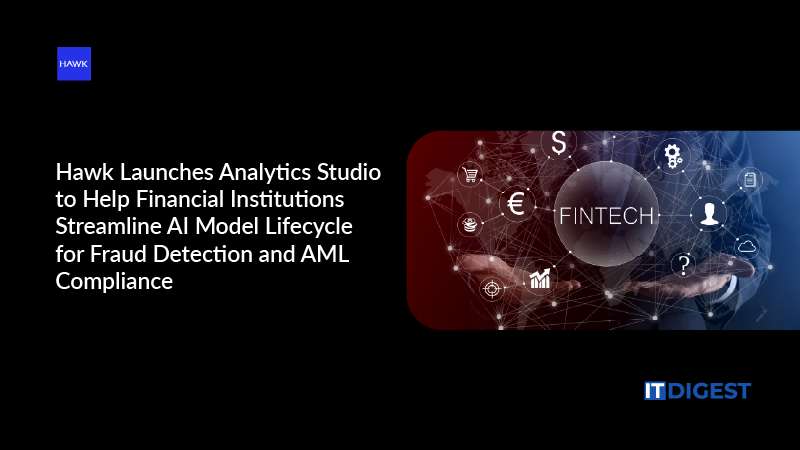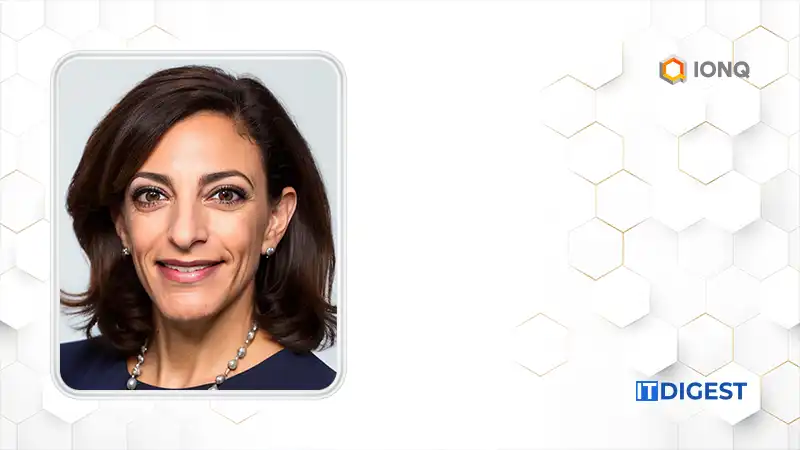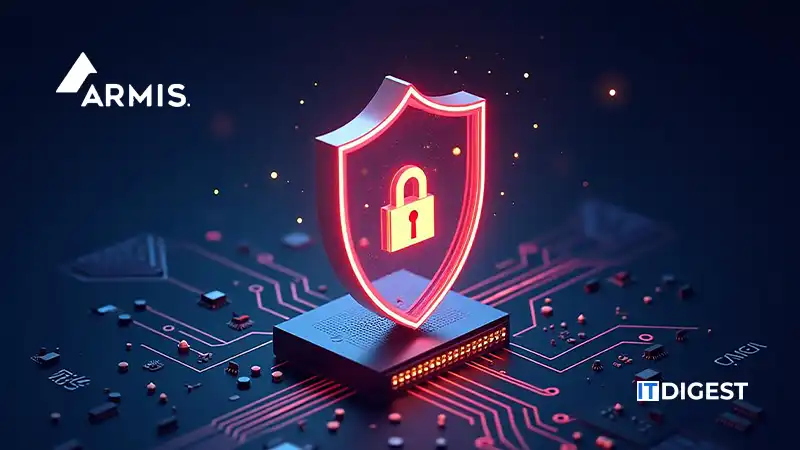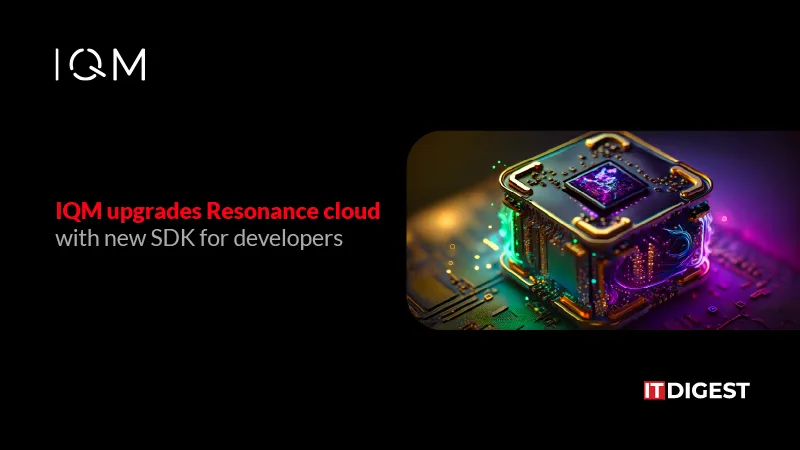IQM Quantum Computers, a global leader in building scalable quantum computers, has announced a significant upgrade to its cloud-based quantum computing platform, IQM Resonance. These enhancements are designed to accelerate quantum algorithm development with new software tools, broaden platform accessibility, and deliver more precise computational capabilities to users across the quantum ecosystem.
At the heart of this update is the integration of Qrisp an open-source software development kit (SDK) originally developed at Fraunhofer FOKUS as the platform’s default SDK. Qrisp provides quantum developers and researchers with an intuitive, high-level programming interface that streamlines the development of quantum applications without compromising on performance or flexibility.
IQM continues to support leading quantum frameworks such as Qiskit, Cirq, Cuda Quantum, and TKET, ensuring compatibility with a broad range of developer preferences. This open, inclusive approach empowers both seasoned quantum engineers and newcomers to explore and build with ease.
Also Read: Xanadu & Mitsubishi Chemical Partner on Quantum EUV Algorithms
In a move to reinforce its software capabilities, IQM has appointed Raphael Seidel as Lead Quantum Software Engineer for Qrisp. Seidel will spearhead the next phase of Qrisp’s evolution starting October 2025. “Starting from grassroots efforts, Qrisp has demonstrated again and again that the underlying programming model brings serious performance advantages. From raw gate-counts to compiler scaling, Qrisp is state-of-the-art in quantum programming. A direct and strong integration into IQM’s physical quantum hardware will mark the next chapter of the framework and grants a strong head-start into the era of fault-tolerant quantum computers,” said Seidel.
The upgraded IQM Resonance platform also brings a host of technical advancements:
-
Enhanced Error Management: New tools for error suppression and mitigation including dynamical decoupling to shield qubits from environmental noise and upcoming readout error mitigation improve accuracy and consistency in quantum computations.
-
Advanced QAOA Library: The integration of a powerful Quantum Approximate Optimization Algorithm (QAOA) library allows users to efficiently design, test, and refine circuits tailored for complex optimization challenges, with support for multiple QAOA variants.
-
Expanded IQM Academy Content: IQM Academy now offers detailed Qrisp tutorials, new content on error reduction strategies, and previews of IQM’s Noise Robust estimation techniques. A dedicated lecture series using Qrisp on real IQM hardware is also slated for release.
-
Pulse-Level Access for Experts: For advanced quantum researchers, IQM now enables direct pulse-level programming, facilitating deeper experimental control and the creation of novel quantum operations.
To democratize access to its powerful platform, IQM has introduced a free “Starter” tier, granting all users up to 30 monthly credits on selected IQM quantum systems. As part of this launch, IQM is making its Crystal 54, a 54-qubit quantum computer, temporarily available to all Starter tier users making it easier than ever for students, developers, and researchers to engage with real quantum hardware.
“We are entering a new era of utility for quantum computing, and these updates to IQM Resonance are a testament to our commitment to empowering the ecosystem,” said Dr. Stefan Seegerer, Head of Product, Quantum Platform at IQM. “By making our Crystal 54-qubit system available, integrating error reduction techniques, and standardizing on Qrisp, we are providing the tools researchers and developers need to push the boundaries of what’s possible. The new free Starter plan is a crucial step in our mission to make quantum technology accessible to everyone.”
With these upgrades, IQM reinforces its position as a catalyst for innovation in the quantum space enabling a growing community of users to explore, learn, and build the future of quantum computing.


































